Blog 4/14/20
Safe Point Ohio (Safe Point) has been serving the community of persons who inject drugs (PWID) in Franklin County for over four years. In 2019 alone, Safe Point saved 2,984 lives from opiate overdoses, distributed 2,508 overdose reversal kits and 3,806 test strips for the deadly drug fentanyl, provided 967,316 new syringes, and received 650,000 used syringes for safe disposal – a 232% increase in the number of needles returned in 2018. They saw 3,233 participants in 9,001 visits and referred 668 people to substance abuse treatment services.
I recently sat down with Safe Point’s Program Coordinator, Evan Robinson, and Outreach Coordinator, Elizabeth Onzima, to learn more about Safe Point and how they are providing their life-saving services in this age of COVID-19.
Sean Moseley: There are a lot of misconceptions about what your program does and doesn’t do. Why don’t we start there?
Evan Robinson: Safe Point is Columbus Ohio’s only comprehensive harm reduction center and syringe exchange program for people who inject drugs. We distribute harm reduction supplies, like Narcan, a nasal spray that can reverse deadly opioid overdoses. We provide safer injection materials, safer use education, and HIV, Hepatitis-C, and other disease prevention and testing. We also provide opportunities for direct enrollment into requested services. That could be assistance with housing, primary healthcare, or getting into treatment. It all depends on where participants are on their journey.

Blog 3/29/24
Equitas Health is pleased to announce that a collective bargaining agreement has been reached with Equitas Health Workers United Local #6609. Members of the bargaining unit voted this week, and the result was resounding support for ratification of the agreement.
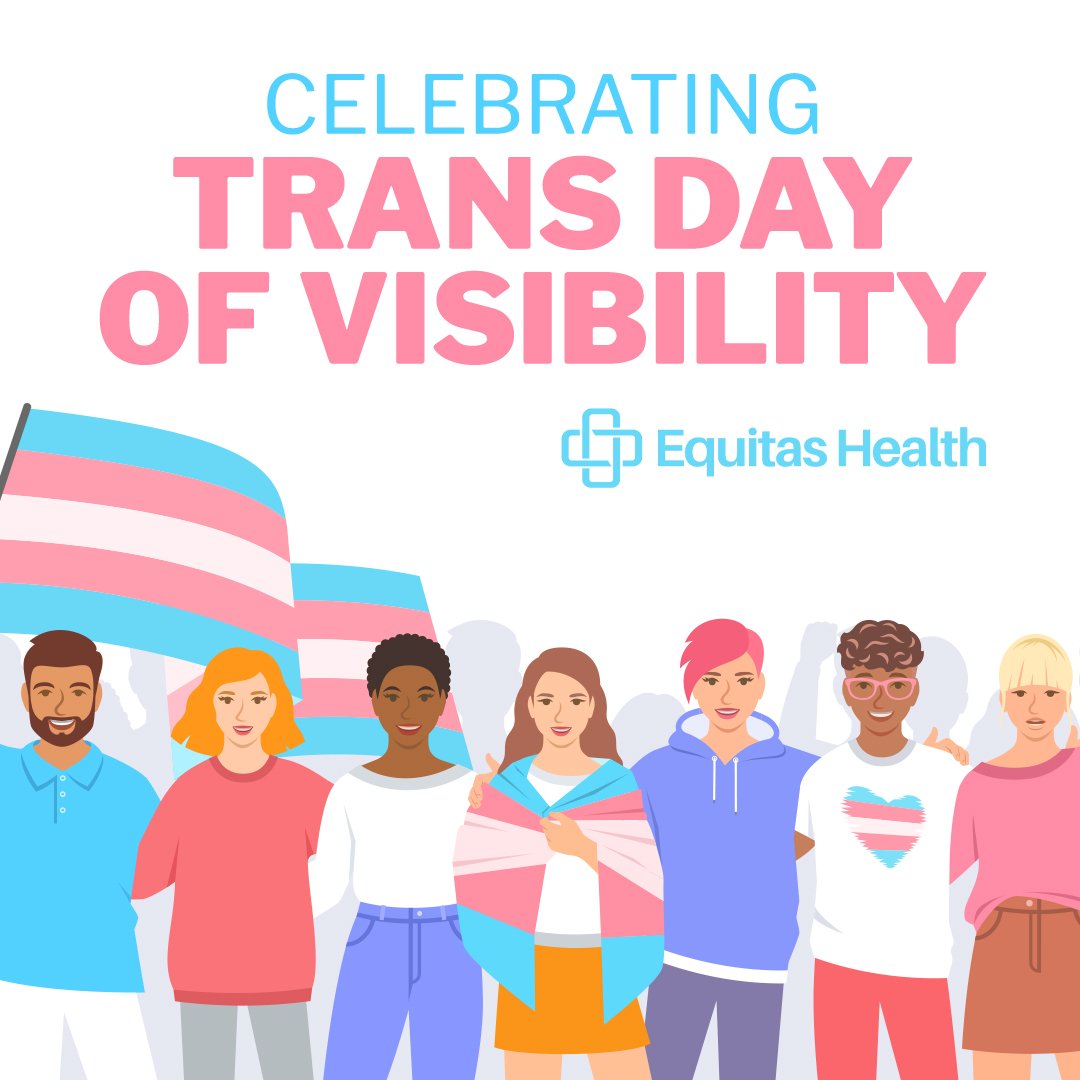
Blog 3/25/24
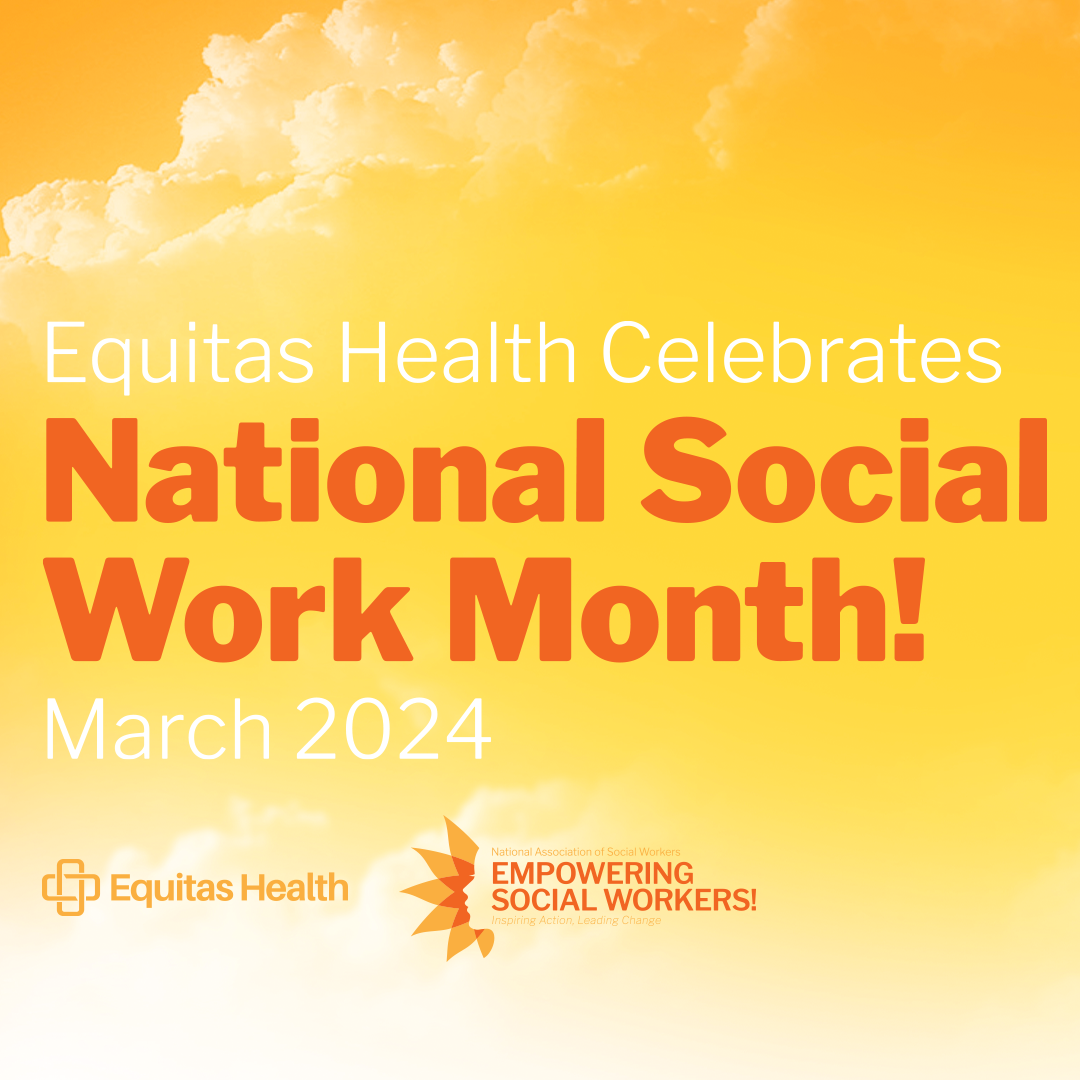
Blog 3/1/24
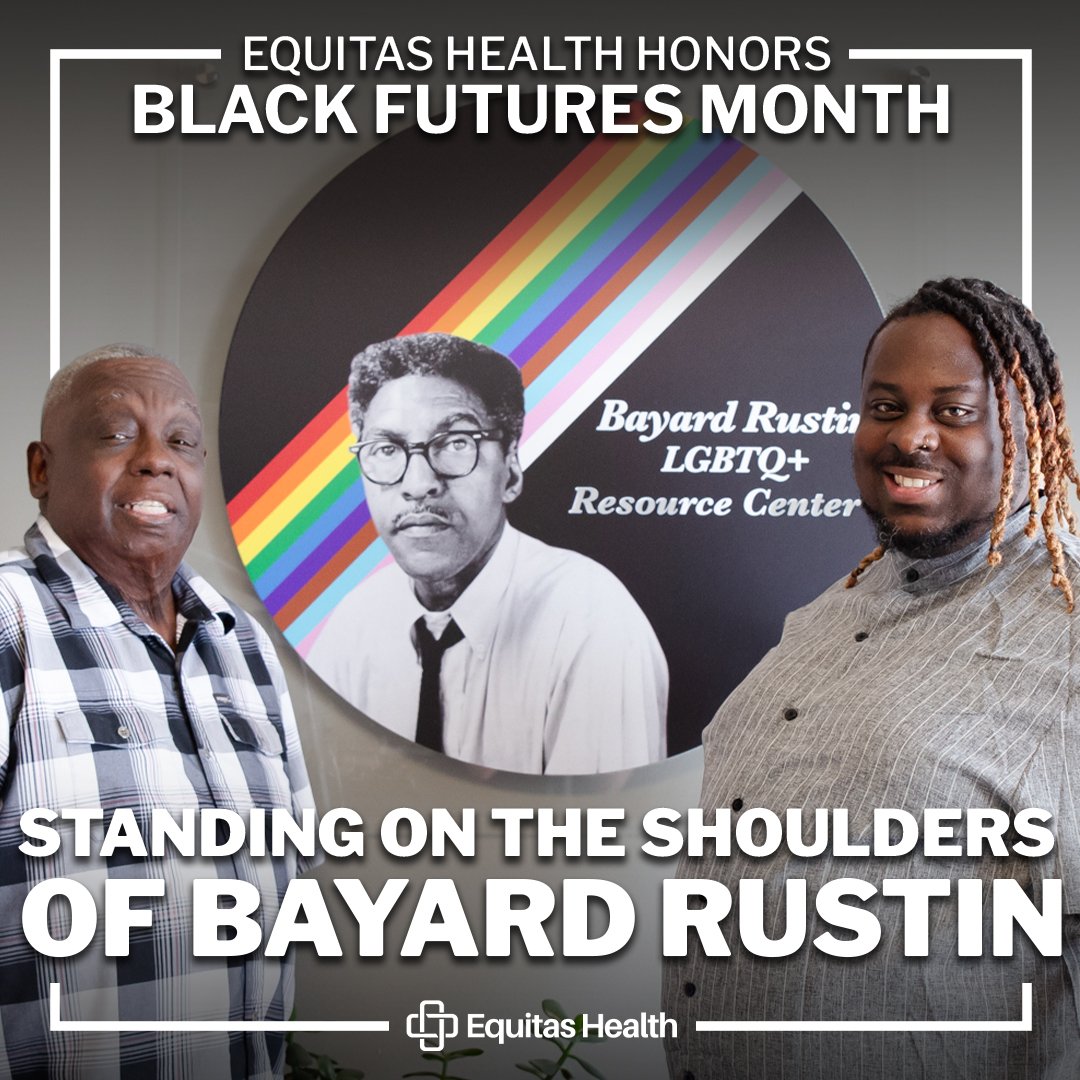
Blog 2/27/24
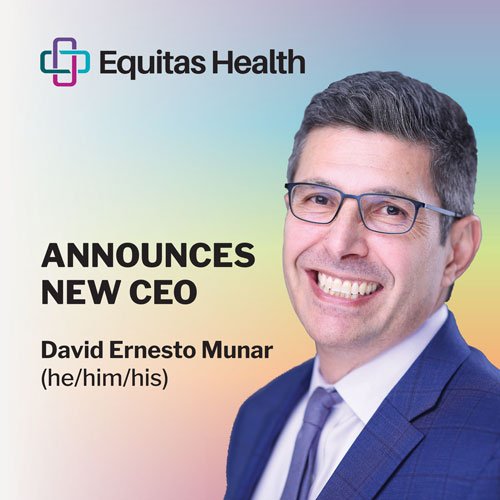
Blog 2/26/24
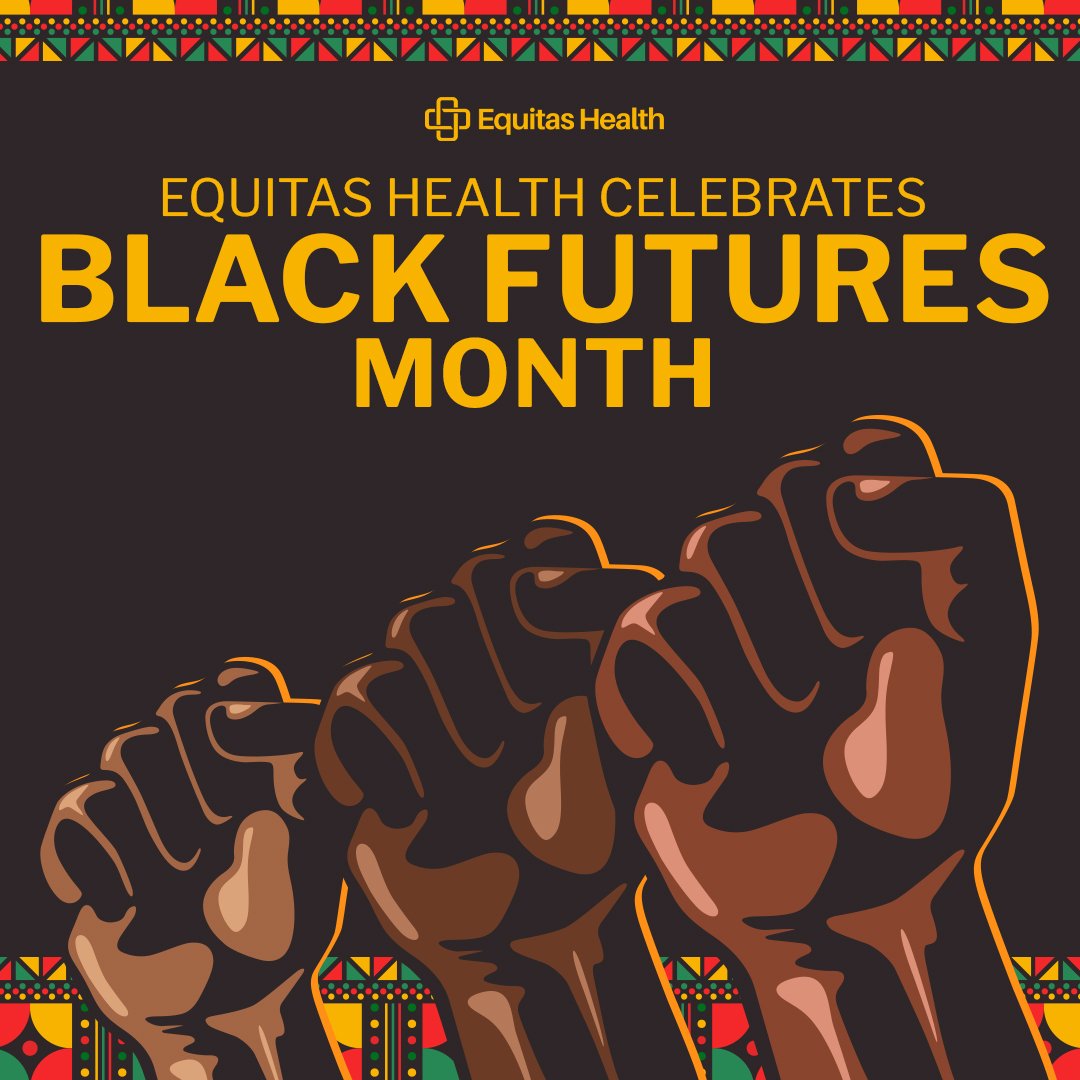
Blog 1/30/24
Elizabeth Onzima: We are not a safe using facility. A lot of participants will ask us if we offer that or if we can refer them somewhere that does. Ohio doesn’t do that right now. Maybe we’ll get there.
SM: It sounds like what you do is very client-focused.
EO: For many of our participants, we are their only constant. They often see us more than they see family members, friends, perhaps even their dealer. We’re building relationships based on trust one visit at a time. We walk alongside them, not in front, not behind. When they are ready to talk about treatment, they know that we are there to walk with them during that process. We’re there to call RREACT and get them into treatment that same day if that’s what they want.
SM: React?
EO: RREACT is the City of Columbus’s Rapid Response Emergency Addiction Crisis Team. They provide direct linkage to alcohol and drug treatment. When we call them, they send someone to Safe Point to do the intake and transfer our client to a treatment facility the very same day. Every smile. Every “how are you doing?” gets us to that point.
SM: How long does it take to build trust?
EO: It depends on the individual. Have they been through the criminal justice system? Have they been trafficked? Are they a victim of domestic violence? Every person responds to trauma differently. I’ve had participants who come back one to two years after their last interaction with us and say, “I’m ready. I want to try treatment.” Sometimes, it’s a lot quicker.
SM: How has COVID-19 affected the services you provide and the people you’re trying to reach?
EO: We used to run our program four days a week. We now run program twice a week. In our last four-day cycle, we saw 217 people and distributed 114 Narcan kits. On our most recent two-day cycle we saw 203 people and distributed 168 Narcan kits. That’s a jump from 54 people and 28 Narcan kits per day to 101 people and 84 Narcan kits per day. And last Saturday, we had to turn over 20 people away.
SM: That’s a pretty big jump, especially for Narcan kits. Why do you think that is?
ER: There has been a surge in fatal overdoses recently. Our participants are very sensitive to this information, and they know that resources are spread a lot thinner due to COVID-19. They see Narcan as the best way to protect themselves right now. It’s like everyone else hoarding toilet paper, except a Narcan kit can save a person’s life.
SM: Would you still run your program four days per week if you could?
ER: I would go back to four days of programming tomorrow. We need to be providing services seven days a week. With other providers cutting back or eliminating services due to COVID-19, our participants need us now more than ever.
SM: How is Safe Point implementing social distancing guidelines with that amount of foot traffic?
ER: We normally have four interview rooms and a someone at the front desk who checks-in participants, determines how many syringes they have left for the month, and whether or not they need additional services. Then, they meet with an interviewer for a risk assessment before receiving additional services. We also would have people waiting in the lobby and lined-up outside.
SM: And now?
ER: Now, we have one participant in the space at a time. We have tape on the floor six feet from the check-in window. There are markers outside, so they are six feet apart. We also go over a list of COVID-19 screening questions with each participant before they enter the lobby.
SM: What are the questions?
EO: Have they been in contact with a severely ill person? With anyone that’s been out of the country? Have they been out of the country? Do they have a fever, cough combined with chest pain, cough combined with shortness of breath, muscle weakness, stomach pain, diarrhea, nausea, vomiting? If they answer “yes” to any of those questions, they cannot enter the lobby.
SM: Can they still access services?
EO: They can still exchange their used syringes for new ones. For those with no syringes to exchange, we have temporarily increased the amount of syringes they can receive from 10 to 20. We can also provide safe injection kits and give them a sharps container for the safe disposal of their used syringes. They can be provided all of that at the door. We also give every participant information about COVID-19: the symptoms and what to do if they think they might be infected.
SM: How else are you keeping your participants safe?
EO: High-risk individuals with pre-existing health conditions are given a mask. We also sanitize and disinfect the facility’s high-touch surfaces every 30 minutes. We wipe down the front desk window, the water cooler, the door handles and the bench in the waiting area.
SM: Besides pre-existing health conditions, what other risk factors are your participants facing?
ER: Thirty percent of our participants are homeless and many more are without reliable housing. They could be homeless and sex workers. They are living in camps. And even with the threat of COVID-19, addiction doesn’t stop. They’re doing what they have to do to survive each day. Social distancing and sheltering in place aren’t necessarily a part of that equation.
SM: How has your move to West Broad Street affected the work you do?
ER: Being in our own space allowed us to expand our programming from two days a week to four days a week. That increased accessibility has had the greatest impact.
SM: Did the demographic profile of your clients change?
EO: When we left the Short North medical center and Southeast Mental Health, we knew there would be people who lived close to those locations impacted by the move. But, Safe Point is the only program of its kind in Franklin County. Participants are using whatever bus fare they have to get to us. They are walking from all sides of town or carpooling with other participants. Of course, we have a large population of people on the west side who are glad we are here and need our services.
SM: How difficult was it to find a home for Safe Point?
EO: Our landlord is extremely supportive, but it was very hard to find a place in Columbus to do this work. We were told “no” countless times.
SM: Everybody admits it’s a problem…
ER: …as long as you fix it somewhere else!
SM: What’s that about?
EO: People think syringe exchange programs enable drug use. This is one of the biggest misunderstandings about Safe Point and our approach to comprehensive harm reduction.
SM: What would you say to those people who accuse you of being enablers?
EO: If Safe Point shut its doors tomorrow, our participants are still going to use. They will use a clean needle if they have one. If they don’t, they will use whatever is available. When Safe Point gives them a new, unused syringe and safer injection materials, they are less likely to get life-threatening abscesses. They are far less likely to contract and spread Hepatitis-C and HIV. Every used needle they return is one less being reused or found on the streets.
ER: We don’t have to talk about syringes if it makes folks uncomfortable. We also offer Narcan: a life-saving medicine, which can reverse deadly overdoses. Let’s talk to them about saving lives, period.
SM: What about the people who say, “They’re just going to use again. Why even bother?”
EO: I tell them it doesn’t matter how many times people try to get better. If you succeed at something, does it matter how many times you tried? If you’re dead, you can’t try.
SM: How are your efforts even more crucial during COVID-19?
EO: If our doors aren’t open you will see more overdoses, more people contracting Hepatitis-C & HIV, more infections and abscesses from used and blunt syringes, more cases of endocarditis-a deadly heart infection. All of this would increase the burden on a healthcare system struggling to address a global pandemic.
SM: What is the most rewarding part of your work at Safe Point?
ER: Our team is so dedicated. We all have such a passion for the work we do. I never wake up in the morning and dread going to work, because I am surrounded by folks who protect me as fiercely as I protect them. We are ride or die. We support each other every way we can.
EO: And that starts from the top down. Our Program Manager, Rick Barclay, has been with Safe Point from the very beginning. He complied the wonderful team we have today. He is the heartbeat of this entire program.
SM: Besides the impact of COVID-19, what are the biggest challenges you face at Safe Point?
ER: The hardest part for me is the lack of understanding in the community about who we are, what we do, and the people we serve. I’ve been with Equitas Health for five years now. Before Safe Point, I was the opening Clinic Manager at the King-Lincoln Medical Center. Before that I was the Community Engagement Coordinator for the Ohio AIDS Coalition, and my first social work placement was at the Columbus AIDS Task Force. Advocating for people living with HIV was much easier and more acceptable than advocating for people who inject drugs.
SM: Why do you think that is?
ER: I entered the field when the stigma of HIV, and the people impacted by it, had shifted dramatically with twenty-five years of advocacy, research, and outreach. In spite of the vast reach of the opioid crisis across all races, classes, sexual orientations and age groups, the public’s perception of an addict and addiction is still very narrow. They don’t see addiction as a disease. They see it as a choice.
EO: The opioid crisis is the AIDS crisis of the 21st century. Families who have been impacted by this crisis know the face of this disease can be a high school honor student, decorated veteran, a mother, a sibling, a spouse, a son or a daughter. Participants tell me all the time, “You are one car accident away from being where I am.”
SM: I think this is really important for people to understand. So, I’m going to ask you to explain how that happens.
ER: A painter falls off scaffolding, or a veteran returns from combat with an injury and PTSD. They’re given a 15 or 30-day prescription for the pain. In as little as five days, your brain’s chemistry can be altered by an opiate. When the doctor won’t refill that prescription, and your body is now addicted to the medication, what are you supposed to do? You chose to follow the advice of your doctor. You didn’t choose to become addicted.
EO: Even if you chose to do drugs recreationally and became addicted, does that mean you don’t deserve our compassion and care? Equitas Health doesn’t care how you contracted HIV. We believe everyone deserves access to quality, affordable and affirming HIV testing, treatment and healthcare. It’s the same for anyone battling addiction. It’s care for all – plain and simple.